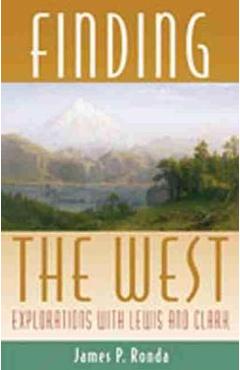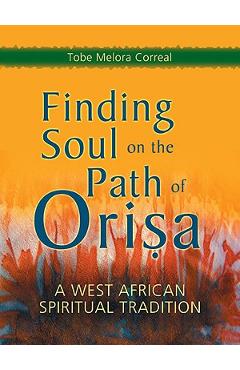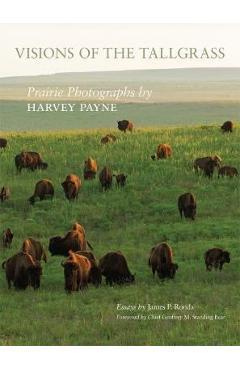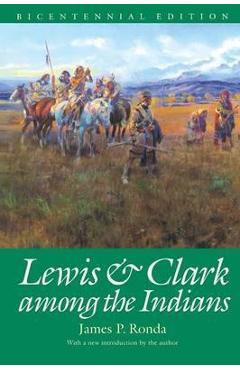Finding the West: Explorations with Lewis and Clark - James P. Ronda

Detalii Finding the West: Explorations with
libris.ro
123.75 Lei
154.69 Lei
History
James P. Ronda
Finding the West: Explorations with - Disponibil la libris.ro
Pe YEO găsești Finding the West: Explorations with de la James P. Ronda, în categoria History.
Indiferent de nevoile tale, Finding the West: Explorations with Lewis and Clark - James P. Ronda din categoria History îți poate aduce un echilibru perfect între calitate și preț, cu avantaje practice și moderne.
Preț: 123.75 Lei
Caracteristicile produsului Finding the West: Explorations with
Comandă Finding the West: Explorations with Online, Simplu și Rapid
Prin intermediul platformei YEO, poți comanda Finding the West: Explorations with de la libris.ro rapid și în siguranță. Bucură-te de o experiență de cumpărături online optimizată și descoperă cele mai bune oferte actualizate constant.
Descriere magazin:
One of the foremost historians of Lewis and Clark, Ronda grounds Finding the West in the insights and reflections he has gleaned from some twenty years of research and writing about this pivotal era. But above all else, Ronda\'s book is centered on stories and storytellers. As he writes: This is a book about many storytellers. Their words are French-Canadian, Shoshone, New Hampshire English, Hidatsa, and Chinookan. Ronda documents not only the stories that Meriwether Lewis and William Clark offered about their road across the continent, but also the large and important stories by and about the native peoples whose trails they followed and whose lands they described in their journals and reports and on their maps. The beginning of the nineteenth century represents a time when America passed into a headlong rush for empire and when the West loomed large as a dream for some and a nightmare for others, an era that irrevocably shaped the new American nation in the two hundred years that followed. Whoever the storyteller in the aftermath of that encounter--native or newcomer--the stories all soon revolved around a common theme: the coming of the winds of change. Ronda\'s masterful interpretation of the young Republic\'s fascination with the West is written with grace, narrative sweep, and a conviction that history should, above all else, engage and inform us. This is a really outstanding, important work.--Professor John L. Allen, University of Wyoming

Produse asemănătoare

Finding Soul on the Path of Orisa: A West African Spiritual Tradition - Tobe Melora Correal
![]() libris.ro
libris.ro
Actualizat in 28/10/2025
72.49 Lei
Produse marca James P. Ronda

Visions of the Tallgrass, Volume 33: Prairie Photographs by Harvey Payne - James P. Ronda
![]() libris.ro
libris.ro
Actualizat in 28/10/2025
195.02 Lei

Finding the West: Explorations with Lewis and Clark - James P. Ronda
![]() libris.ro
libris.ro
Actualizat in 15/12/2024
123.75 Lei

Lewis and Clark among the Indians (Bicentennial Edition) - James P. Ronda
![]() libris.ro
libris.ro
Actualizat in 15/12/2024
108.87 Lei